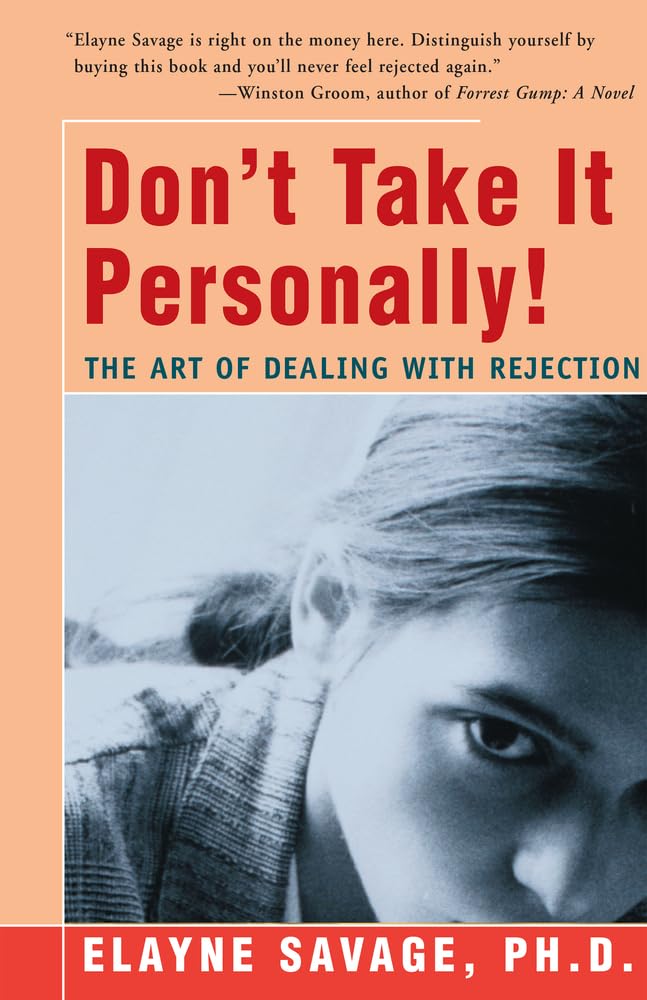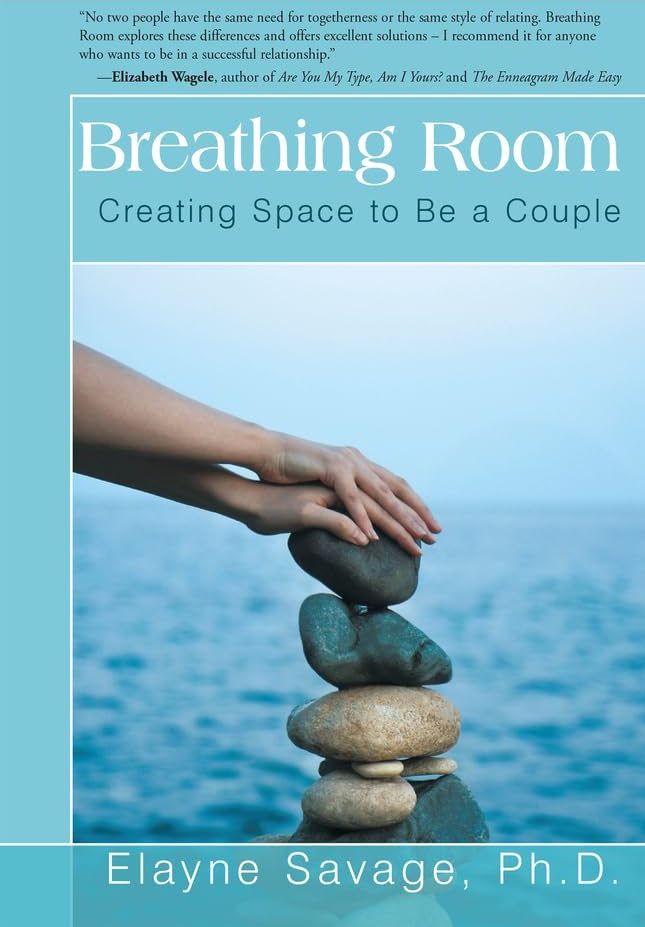By Elayne Savage, PhD
The barrage of atrocities are shattering my illusions of safe places and sense of security.
In my travels I have always reassured myself that no matter where I was in the world, if I felt in danger I could seek out a consulate to protect me and keep me safe.
This trust evaporated when Jamal Khashoggi was murdered by 15 men in the Saudi consulate in Istanbul.
I was stunned. How could this have happened to a Saudi citizen inside a Saudi consulate?
We know that Khashoggi, a Washington Post journalist critical of the Saudi rulers, was once a trusted member of the inner circle. Did the Saudi monarchy feel threatened by his columns and rumored exposés?
Or were they reacting to his perceived disloyalty and betrayal? Is this why he was ordered killed in the consulate?
I had so many unsettling feelings that I needed to sort through. It helps for me to put words to my feelings, so I started writing. That was two weeks ago.
And then the news came about how over a dozen pipe bombs were mailed to homes and offices of vocal people whose words or ideas were somehow considered a threat. The idea of bombs traveling through the mail to people’s homes and offices is frightening to me. What a terrible way to be living – with so much fear and feeling so vulnerable.
This has been so unnerving. I need to know that the mailing of pipe bombs has stopped. Now we are learning that there may have been over 100 more potential targets on his list.
The last few weeks clients and colleagues have been wanting to talk about how all this is triggering their own security experiences growing up and their own feelings of vulnerability.
And then over the weekend we heard the crushing news of the mass killings at the Tree of Life synagogue in Pittsburgh. In this largest anti-Semitic attack in American history, 11 worshipers were killed and 7 injured including four law enforcement officers.
Learning that this Squirrel Hill community was actually Mr. Roger’s real-life neighborhood makes me even more sad.
A Massacre in the Heart of Mr. Rogers’ Neighborhood
Most of us grew up trusting that houses of worship are sacred, safe places. That they provide comfort, peace and security. Yet in the last few years there have been so many mass killings in churches, synagogues, mosques, and temples.
https://www.nbcnews.com/news/amp/ncna817786
On a personal note: Accounts of Anti-Semitism bring back scary memories of my childhood. When I was about 6 years old and living in a row house in DC, Marian the girl next door was my best friend and playmate, yet her parents often would lean over the row house railing, call us “Dirty Jews” as they spit on our front porch. Sometimes my friend’s older brother would accost me in the ally and threaten to beat me up because I was a “Jew Girl.”
Back then I was confused and scared by their changeable behavior. Now I understand my fear was because that behavior was actually terrorizing us – through violence, threats and intimidation.
From Dictionary.com:
Terrorism
- the use of violence and threats to intimidate or coerce, especially for political purposes.
- the state of fear and submission produced by terrorism or terrorization.
- a terroristic method of governing or of resisting a government
Terrorist
- a person, usually a member of a group, who uses or advocates terrorism.
- a person who terrorizes or frightens others.
So by definition, the Saudi Consulate revenge murder, the intimidation by pipe bombs and the hate-filled mass killing of Sabbath synagogue worshipers are all acts of domestic terrorism.
I feel the need to be more vigilant, do you too?
Early Memories of Feeling Really Scared
Many of us have at times felt unsafe in our lives.
If you’ve ever been cyber stalked or drive-by stalked or voyeur stalked or threatened or harassed or intimidated it most likely has affected you in some way. Hopefully you figured out some ways to regain a sense of safety and security.
When I was a social worker in San Francisco I learned to be ultra-vigilant. I had hoped those days of fear were over.
if I ever found myself walking along a poorly lit sidewalk past dark doorways, I learned to walk out in the open in the street alongside the parked cars. This helped me feel more safe.
One social work client used to worry about me having to walk along a row of housing units to get to hers. So she showed me how to hold my set of keys between my fingers so they become a weapon if I needed to defend myself. This helped me feel more safe.
I’m finding that all these submerged memories are returning.
Did You Have a Safe Place?
Over the years I have heard many visual, visceral descriptions from clients, readers and workshop participants about their memories of their childhood ‘safe places.’
With clients who have their personal space violated by being traumatized by abusive words or actions there seems to be a fairly common memory: Escaping to a closet, closing the door and sitting on the floor. They vividly describe the darkness, the smell of shoe leather or musty wool coats. And even as an adult when they are upset or scared they describe at times retreating into a closet.
A good friend retreated to a hole in his backyard where he could sooth himself when his world felt daunting. And to this day, if things become stressful, he talks about how in his mind he still “goes to his hole.”
One man describes retreating to the basement and his prized model train layout.
A woman I know figured out how to feel safe:
“I retreated into myself”
Me? I retreated to climbing a tree in my back yard and spending hours straddling a low branch. And I used to climb out my bedroom window to sit on the roof overhang below. It felt empowering to go to these places. Here’s a photo of my safe place. And you can also see the tree Is in the background.
Sometimes I imagine swaddling myself in a blanket, like they do so babies will feel safe and secure. It helps to imagine wrapping a white light around myself.
What was your safe place back then?
Where is your safe place now?
Is it easily accessible? How often can you go there?
How to Cope with the Stress and Fear of Terrorism
And if we have fear and anxiety over the possibility of future attacks or copy-cat attacks our stress levels can go even higher.
Years ago I referenced a guide the APA published for coping with the stress of terrorism. Today I cannot find a working link, however here are a few of the ideas:
- Talk About It
Talk with others about your fears. It's okay to admit being scared. The chances are good that others are feeling exactly as you are. If you do not have access to face-to-face support, try talking to others online. The anonymity of chats and forums may make it feel safer to talk about your feelings of vulnerability.
- Maintain Your Normal Routine
When tragedy strikes, it's very tempting to lock your doors and never come out again. This is exactly what terrorists are looking for. In the face of terrorism, it is very important that you work to keep your daily routine as normal as possible. Putting your life on hold will not prevent terrorism.
- Limit Exposure to Media Coverage
By all means, keep abreast of current events, but do not concentrate on news about terrorism to the exclusion of all else. Life still goes on.
4. Seek Professional Help If You Need It
Mental health professionals are trained to help you deal with traumatic events. There is no shame in reaching out for assistance when the stress becomes too much to bear alone
If you have children, don't forget that they are hearing everything on the news that you are and probably do not completely understand all that is happening. Take time to speak with them about their fears and reassure them that the adults in their life are doing all they can to keep them safe.
- What You Are Feeling Is Normal
Fear, anxiety, helplessness, depression and grief are all normal reactions. Changes have occurred in our world that affect us all to some degree.
- Draw Upon Your Experiences
Look to past instances when you have overcome adversity. You have survived other traumas and you will this one as well. What did you learn from past experiences that will help you cope with the current situation?
As I said above, writing help me cope with these overwhelming feelings –– and I’m also hoping these words help you understand some of your own thoughts and feelings:
"When I was a boy and I would see scary things in the news, my mother would say to me,
‘Look for the helpers. You will always find people who are helping.'"
–– Fred Rogers
© Elayne Savage, PhD
Until next month,
Elayne Savage is the author of ground-breaking relationship books published in 9 languages.
Both books are now available on Kindle!
Elayne Savage is the author of ground-breaking relationship books published in 9 languages.
Both books are now available on Kindle!
To order DON'T TAKE IT PERSONALLY! THE ART OF DEALING WITH REJECTION
To order BREATHING ROOM — CREATING SPACE TO BE A COUPLE
REPRINTING THESE BLOGS
You can use the articles in 'Tips from The Queen of Rejection'® as long as you include an attribution and, whenever possible, a live link to my website. I'd appreciate if you'd notify me where and when the material will appear.
The attribution should include this information: Elayne Savage, PhD is a communication coach, keynote speaker, and trainer, practicing psychotherapist and author of Don't Take It Personally! The Art of Dealing with Rejection and Breathing Room – Creating Space to Be a Couple.
To find out more about my speaking programs, coaching and consultation services visit: //www.QueenofRejection.com or call 510-540-6230 if you or your group can benefit.
Contacting Elayne
I welcome your feedback as well as suggestions for topics you'd like to see addressed in this e-letter.
Here's how you can reach me:
510-540-6230
www.QueenofRejection.com
For more communication and rejection tips, you can follow me:
Twitter@ElayneSavage
LinkedIn.com/in/elaynesavage
Facebook.com/elayne.savage
REPRINTING THESE e-LETTERS
You can use the articles in 'Tips from The Queen of Rejection'® as long as you include an attribution and, whenever possible, a live link to my website. I'd appreciate if you'd notify me where and when the material will appear.
The attribution should include this information: Elayne Savage, PhD is a communication coach, professional speaker, practicing psychotherapist and author of Don't Take It Personally! The Art of Dealing with Rejection and Breathing Room – Creating Space to Be a Couple.
To find out more about my speaking programs, coaching and consultation services visit: //www.QueenofRejection.com or call 510-540-6230 if you or your group can benefit.
Contacting Elayne
I welcome your feedback as well as suggestions for topics you'd like to see addressed in this e-letter.
Here's how you can reach me:
510-540-6230
www.QueenofRejection.com
For more communication and rejection tips, you can follow me:
Twitter@ElayneSavage
LinkedIn.com/in/elaynesavage
Facebook.com/elayne.savage


Leave a Reply to Ph.D. Cancel reply